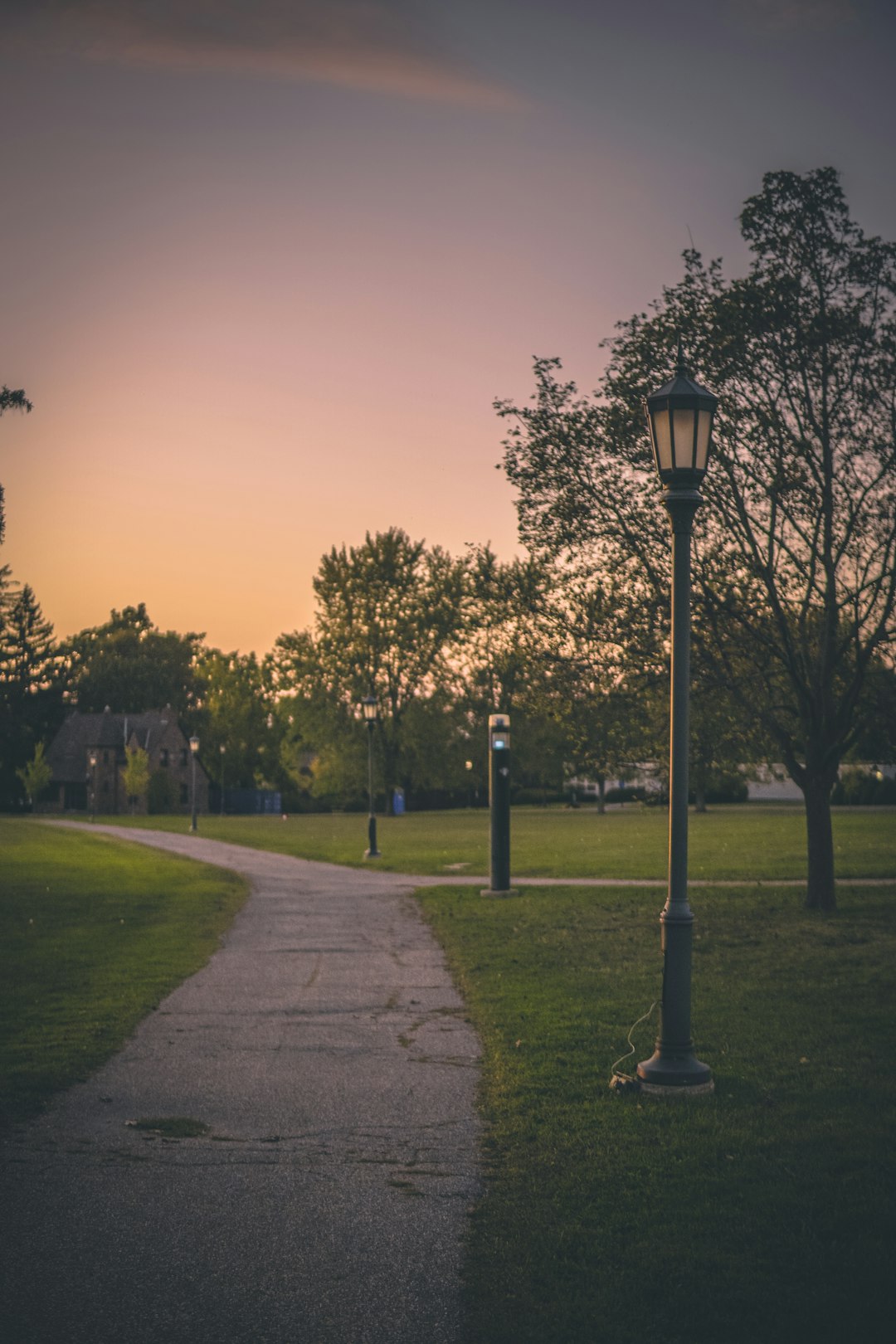Vermont's strict unwanted call laws have curbed nuisance calls, fostering a quieter environment. This has spurred the growth of specialized unwanted call law firms, aiding residents in navigating regulations and protecting their privacy from excessive telemarketing. These firms are vital mediators between technological advancements and consumer rights, ensuring technology serves humanity without crossing personal boundaries.
In Vermont, as in many states, unwanted calls remain a persistent issue for residents. The state’s strict unwanted call laws aim to protect consumers from intrusive marketing practices. However, with advancements in technology, automated calling systems have become more sophisticated, raising questions about their role in violating these laws. This article explores the intricate connection between technology and unwanted calls in Vermont, delving into the impact of current legislation, the capabilities of modern automated systems, and strategies to balance innovation with consumer protection.
Vermont's Unwanted Call Laws and Their Impact

Vermont, known for its natural beauty and rural charm, has also taken significant steps to protect residents from unwanted calls. The state’s unwanted call laws are designed to curb nuisance calls and provide citizens with a sense of control over their communication channels. These regulations have had a notable impact on the behavior of call centers and telemarketers, leading to a decrease in the number of unsolicited calls received by Vermonters.
The implementation of these laws has given rise to unwanted call law firms that specialize in assisting individuals in navigating the regulatory framework. These legal experts help residents understand their rights, file complaints against persistent callers, and seek remedies for any harassment or invasion of privacy caused by unwanted telephone communications. As a result, Vermonters can now enjoy a quieter, more peaceful environment, free from relentless telemarketing calls.
Technology's Role in Automated Calling

Technology plays a significant role in automated calling, which has led to an increase in unwanted calls, including those from law firms in Vermont. Modern telemarketing systems use sophisticated software to dial thousands of numbers simultaneously, often employing random number generation and predictive dialing techniques. This technology allows businesses to reach a broader audience efficiently, but it also opens the door for abusive practices.
In the context of Vermont’s unwanted call laws, automated calling campaigns can easily cross legal boundaries. Law firms utilizing these technologies must adhere to strict regulations to respect consumers’ privacy and avoid causing harassment. The rise of automated calls highlights the need for updated consumer protection measures and increased public awareness about their rights regarding telemarketing practices.
Balancing Innovation and Consumer Protection

In the pursuit of technological advancement, Vermont, like many places, has witnessed a surge in digital connectivity and communication methods. While innovation brings countless benefits, it also presents challenges, especially when it comes to consumer protection against unwanted calls. The balance between encouraging tech growth and safeguarding residents from intrusive phone marketing is delicate.
Vermont’s Unwanted Call Law firms play a pivotal role in this equilibrium by ensuring that consumers’ rights are respected while fostering responsible technological use. These law firms assist individuals burdened by excessive or unsolicited telemarketing calls, providing legal recourse and education to empower Vermonters against potential abuses of modern communication channels. By staying informed about the latest tech trends and legislative changes, these firms contribute to a healthy environment where technology serves humanity without encroaching on personal privacy and peace.






